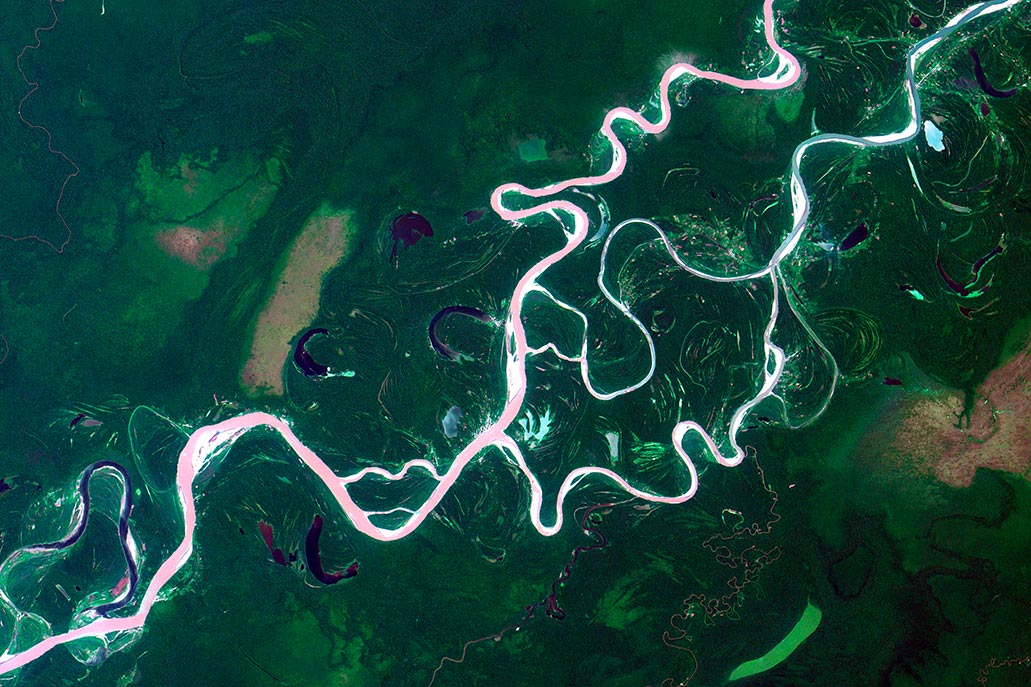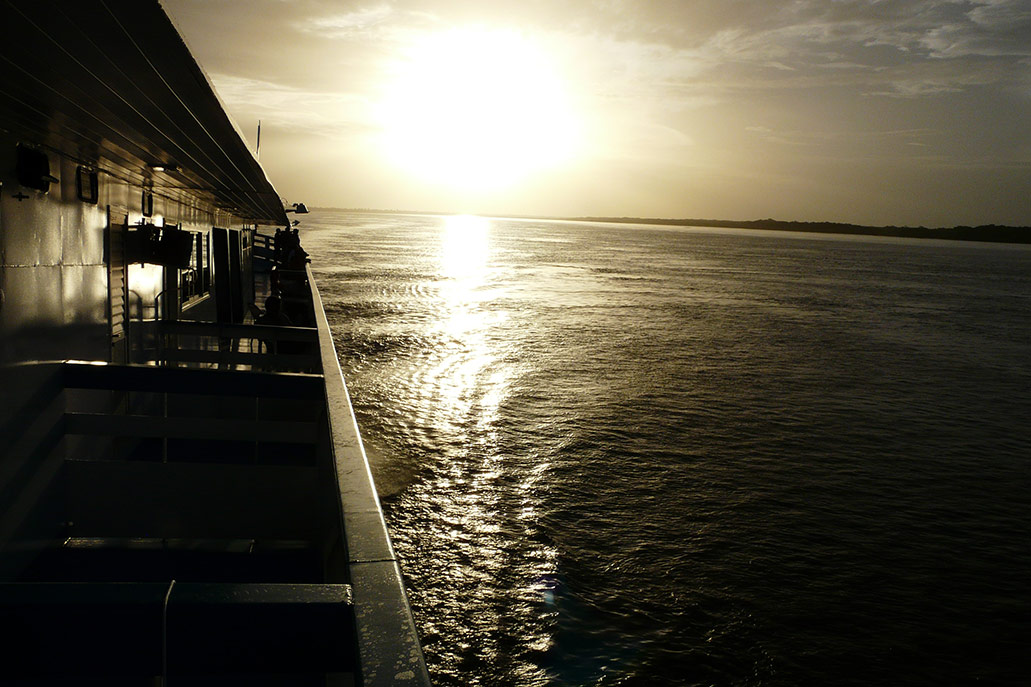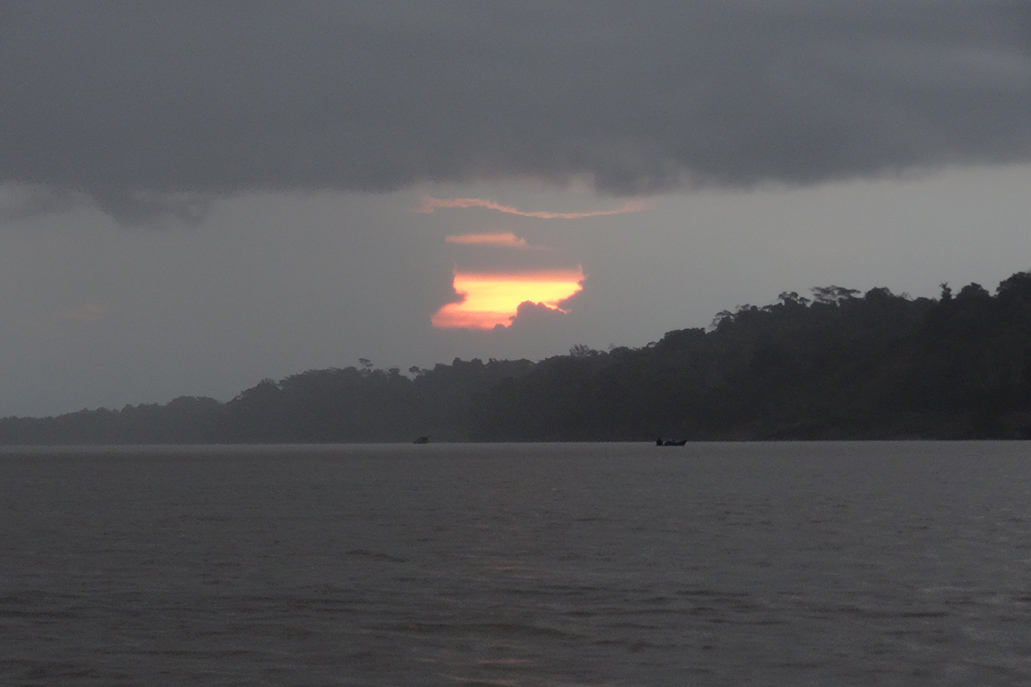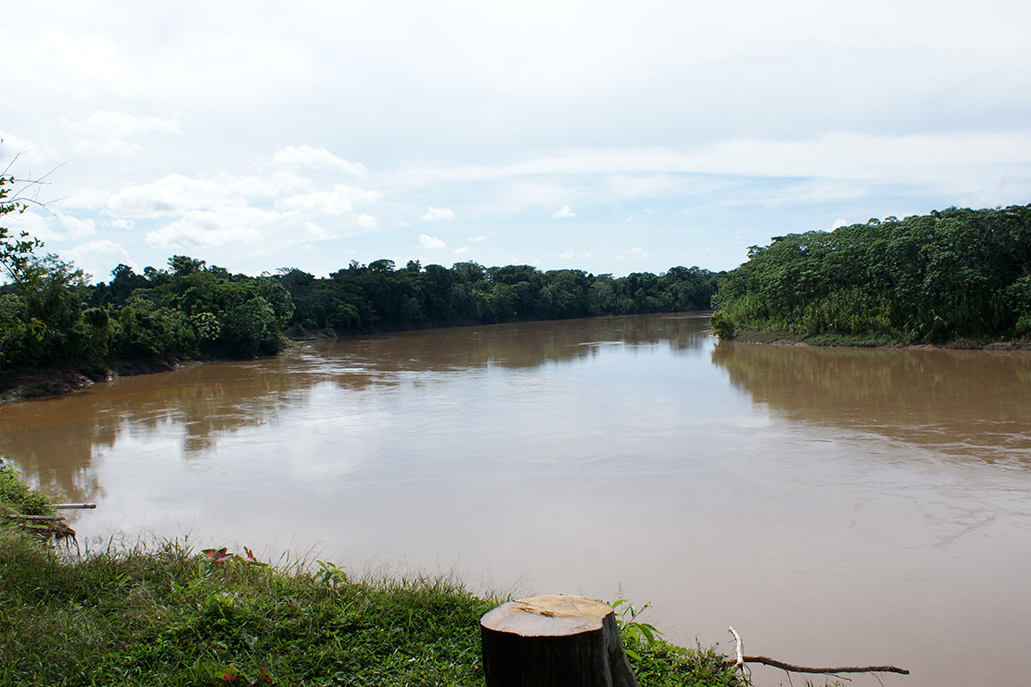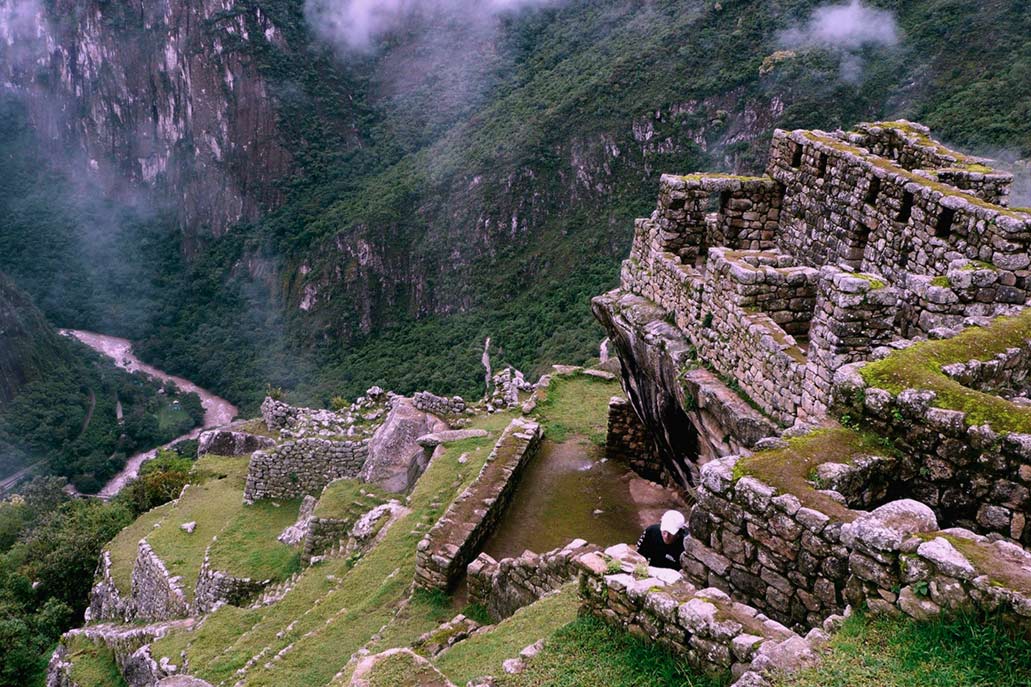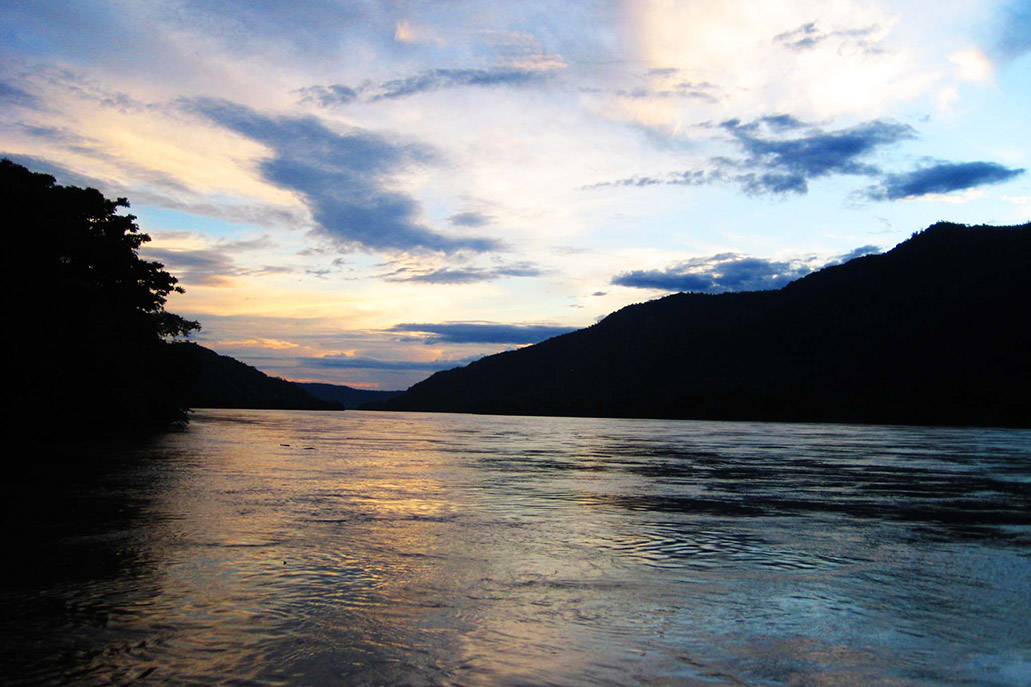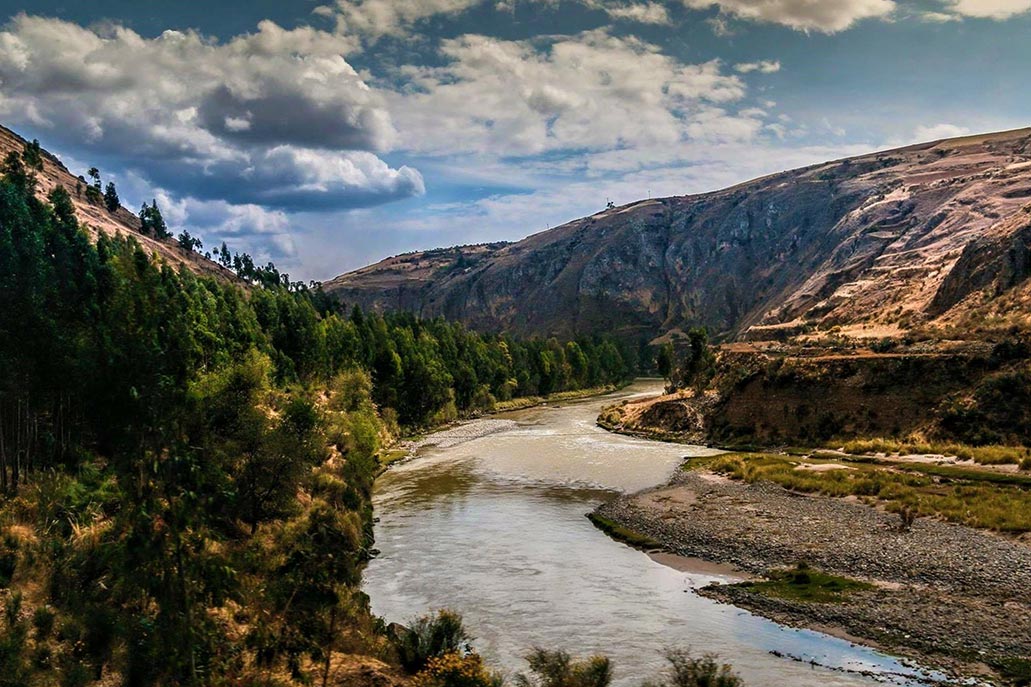The 7 most beautiful rivers in Peru
Peru has an Andean geography where rivers flow both on the eastern side (towards the Atlantic Ocean) and on the western side (towards the Pacific Ocean). There are coastal rivers surrounded by a desert geography. Also Andean rivers guarded by large mountains. As well as jungle rivers that cross vast areas of tropical forests. All offer incredible views, with splendid sunsets and a great diversity of flora and fauna. Get to know the 7 most beautiful rivers in Peru!
Content
Peru has a very diverse geography with a coastline of arid deserts, a mountain range crossed by the Andes Mountains, and a large stretch of Amazon rainforest. The rivers that cross Peru vary in flow and geography depending on the region of Peru that it runs through. Thus, the rivers of the coast are not very dense but torrential at times, those of the mountains are cold water, calm and with abundant trout while those of the Amazon are immense, with a large amount of underwater life.
The Amazon River in Loreto
The Amazon River is the largest in Peru and South America. It covers a length of 7,062 kilometers. It also covers the territories of Colombia and, for the most part, Brazil. It is also the largest river on the planet with 209,000 cubic meters per second. The main tributaries of the Amazon are: the Putumayo, the Nanay, the Yaraví, the Yurúa, the Purús, the Madre de Dios, the Ucayali and the Marañón.
The Amazon River is one of the most visited tourist attractions in Peru. Every day many tourists navigate the river to get to know the city of Iquitos and its different tourist attractions near the Amazon, such as the Allpahuayo Mishana National Reserve, the Pacaya Samiria National Reserve and the native communities. In addition to the exuberant flora and fauna, the Amazon offers one of the most beautiful sunsets in Peru.
- Where is it?: In the Peruvian and Brazilian Amazon. In Peru in the department of Loreto.
- How to visit?: From any part of Peru, travel by flight to the city of Iquitos or by boat from the ports of Pucallpa or Yurimaguas.
The Ucayali River in Ucayali
The Ucayali River is born in the region of the same name (in the jungle of Peru) by the confluence of the Tambo and Urubamba rivers. It has a length of 1,771 kilometers which, when joined with the Marañón river, form the famous Amazon river. It is one of the largest navigable rivers in South America. Its main ports are in the cities of Atalaya, Contamana, Requena and Pucallpa.
The Ucayali River offers one of the most beautiful landscapes (and sunsets). Either in one of its ports or from the ships that cross its channel until it joins the Amazon. It has a width that varies between 400 and 1,200 meters. In addition, in its waters there is a great diversity of animals where the giant otter and the Amazon manatee stand out. The trip from Pucallpa to Iquitos (2 to 3 days) offers a great opportunity to appreciate this river.
- Where is it?: In the Peruvian Amazon, in the departments of Huánuco, Loreto and Ucayali (mainly in this region).
- How to visit?: From any part of Peru, travel by flight to the city of Pucallpa or by boat from the ports of Atalaya, Pucallpa or Requena.
The Marañón River in Loreto and San Martín
The Marañón is an Amazonian river that only runs through the Peruvian territory. It has a length of 1,707 kilometers in the Amazonian territory of the Amazonas and Loreto regions. The Marañón is the Amazon basin, which is formed with the confluence of the Ucayali river. It originated in the Raura mountain range, in the Huánuco region (at 4,600 meters above sea level). Its mouth is at 89 meters, in the Loreto region.
The Marañón is an Amazonian river that only runs through the Peruvian territory. It has a length of 1,707 kilometers in the Amazonian territory of the Amazonas and Loreto regions. The Marañón is the Amazon basin, which is formed with the confluence of the Ucayali river. It originated in the Raura mountain range, in the Huánuco region (at 4,600 meters above sea level). Its mouth is at 89 meters, in the Loreto region.
- Where is it?: In the Peruvian Amazon, in the departments of Loreto and Amazonas (mainly in this region).
- How to visit?: From any part of Peru, travel by flight to the city of Tarapoto or by boat from the ports of Yurimaguas or Nauta.
The Tambopata River in Madre de Dios
The Tambopata is a river that runs through the region of Madre de Dios and Puno in Peru, as well as a short section of Bolivia (in the department of La Paz). It has a length of 402 kilometers, from its source in the highlands (at 3,900 meters above sea level). Then it is a tributary of the Madre de Dios River (in the city of Puerto Maldonado, at 180 meters above sea level). Its most important tributaries are the Mosojhuaico and Carama rivers.
The Tambopata River runs through the Tambopata National Reserve, a tourist attraction full of tropical forests and a wide variety of Amazonian flora and fauna. There you can spend the night in ecolodges. Its landscapes are incredible, especially the sunsets. In Tambopata, the main tourist attractions are: Lake Sandoval, the clay licks (where macaws can be seen) and walks through the tropical forests.
- Where is it?: In the Peruvian Amazon, in the departments of Puno and Madre de Dios (mainly in this region).
- How to visit?: From any part of Peru, fly to the city of Puerto Maldonado.
The Urubamba river in Cusco
The Urubamba River, also known as Vilcanota, is one of the most famous in Peru. It is located in the Cusco region and, in a small part, in the Ucayali region. It has a length of 862 kilometers. It is born in the high mountains of the Vilcanota chain in Cusco. It empties into the Ucayali River in the Amazon Basin. Its tributaries are the rivers: Lares, Salcca, Yavero, Camisea, Inuya, Lucumayo, Vilcabamba and the Koshireni.
The Urubamba River is famous because along its route there are various tourist attractions, such as: the South Valley of Cusco, the Sacred Valley of the Incas and even the Inca citadel of Machu Picchu. Its waters are scenes of diverse Andean and Amazonian landscapes of great beauty. The Andean part of the river is known as Alto Urubamba or Vilcanota. The lower part of the Amazon, such as the Lower Urubamba.
- Where is it?: In the Andean and Amazon region of Peru, in the departments of Ucayali and Cusco (mainly in this region).
- How to visit?: From any part of Peru travel by flight to the city of Cusco.
The Huallaga River in San Martin
The Huallaga is a river in the high Amazon region located in the regions of Pasco, Huánuco, Loreto and San Martín (especially in this region). The river is born in the high snow-capped mountains of Huánuco. Its mouth is in the Amazon basin, in the department of Loreto. The Huallaga converges with the Chaupihuaranga and Huariaca rivers.
The Huallaga River offers a variety of Andean and Amazonian landscapes of great beauty. In its 1,138 kilometers in length there are tourist cities such as: Huánuco, Tingo María, Tocache, Juanjuí, Yurimaguas (called the ‘Pearl of Huallaga’) and more. The Huallaga River is navigable where the raft is a widely used means of transportation. It offers a great variety of flora and fauna.
- Where is it?: In the Andean and Amazonian region of Peru, in the departments of Pasco, Huánuco, San Martín and Loreto.
- How to visit?: From any part of Peru, fly to the city of Tarapoto.
The Mantaro River in Junín
The Mantaro River is one of the most famous in the central highlands of Peru. The Huanca inhabitants called it Hatunmayo, a Quechua word that means: ‘high river’. It reaches a length of 724 kilometers, passing through the Peruvian regions of: Junín, Huancavelica and Ayacucho. The Mantaro rises from the high mountains of Junín, at 4,080 meters above sea level. The river forms the famous Mantaro valley, the widest in the central highlands of Peru.
During the course of the Mantaro River, incredible mountainous and jungle landscapes can be seen in the cities of: Jauja, Huancavelica, Huancayo, Ayacucho, Satipo and more. The river joins the Apurímac to form the Ene River, which belongs to the Amazon basin. The Mantaro River is the protagonist of several Andean musical themes. The basin covers an area of 34,400 square kilometers.
- Where is it?: In the Andean and high jungle region of Peru, in the departments of Junín, Huancavelica and Ayacucho.
- How to visit?: From any part of Peru, fly to the city of Huancayo in the Junín region.
By Machupicchu Terra – Last updated, August 28, 2023
